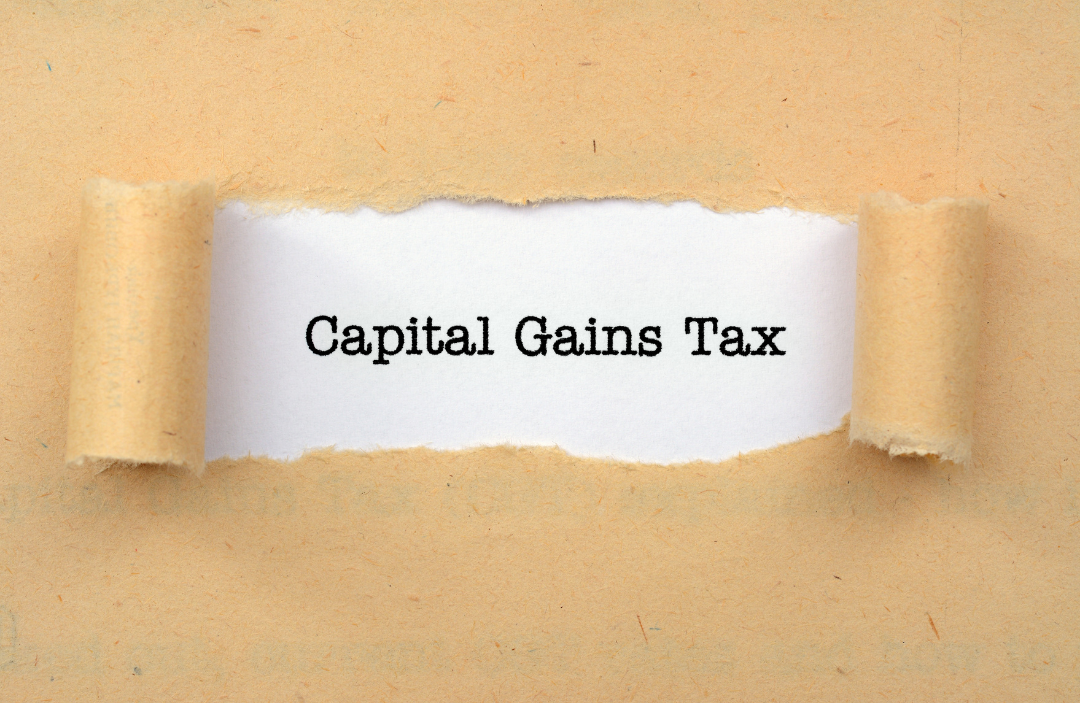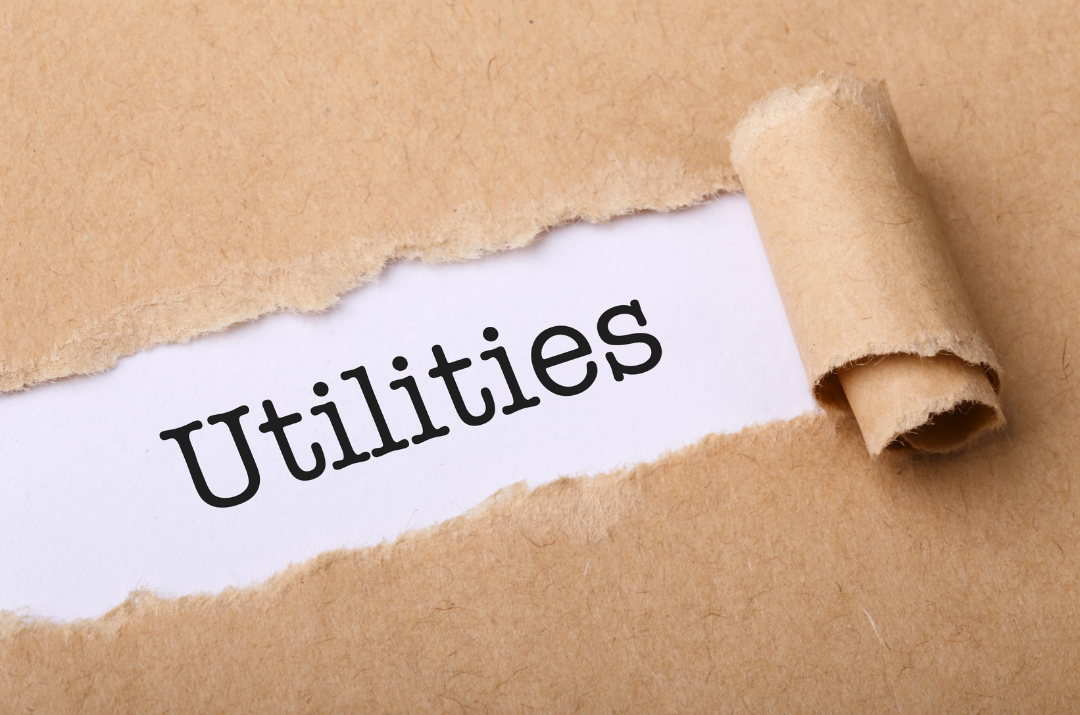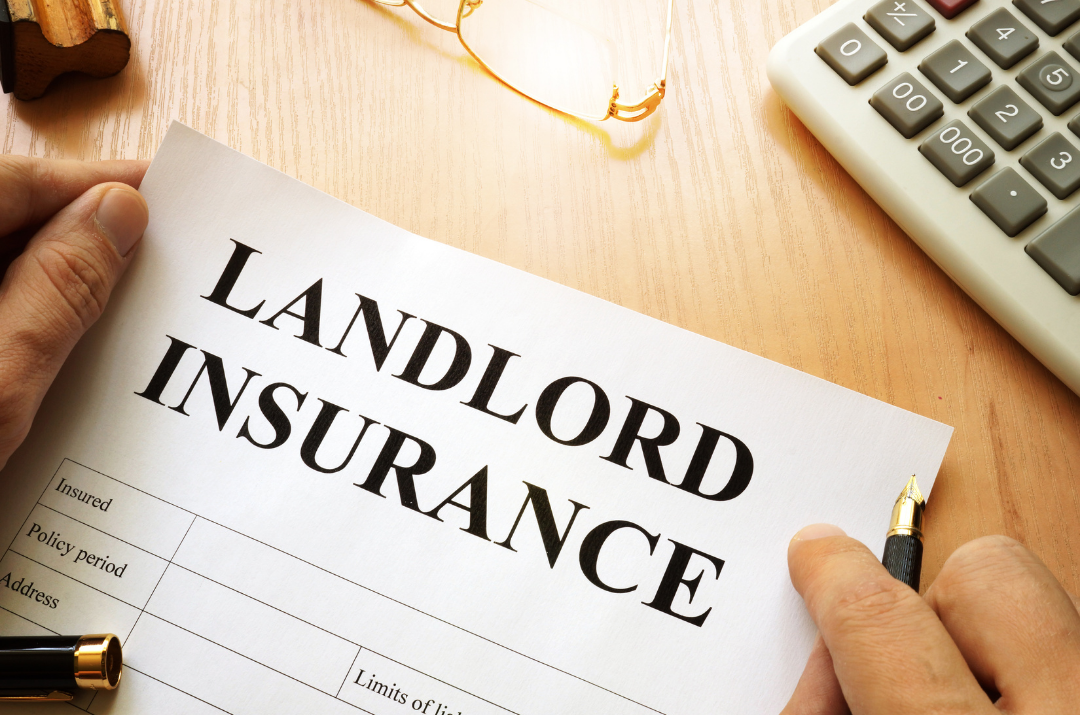The concept of an income property is certainly appealing. You can acquire an additional asset, make some monthly income, and there is a high probability that the property will increase in value over time. While having a residential income property has the potential to be a successful endeavour, it’s certainly not something to jump into too quickly. There are many important factors in evaluating the potential return on investment and a key one is understanding the costs.
Mortgage Payments
Unless the property is already paid for in full, or is an income suite and a part of your existing home, then you’ll have to factor a mortgage payment into the equation. Interest rates on income properties are higher than on primary residences and a 20% down payment is required, so knowing what type of mortgage amount you can comfortably manage going in will help in your evaluation. It certainly helps though that mortgage interest is a deductible expense at tax time.
Utilities
You’ll need to establish, and clearly define in your rental agreement, which utilities are the responsibility of the tenant. For an income property most utilities (water, gas and hydro) will be switched over to the tenant’s name and paid for directly. You’ll want to be prepared though to cover necessary utilities for when the property might be between tenants. If you’re renting out an income suite that is part of your primary residence, you may instead have the tenant pay an estimated, fixed portion of the utilities which may be woven into the rental amount. Consult a lawyer to ensure you have the proper wording in your lease.
Maintenance
With any property there will be routine maintenance. Reoccurring work such as snow removal, lawn maintenance, or even cleaning services can be a nice perk for your tenant but also helps ensure your investment is being well looked after. You’ll want to set aside some funds for “surprise” maintenance too. Landlords are responsible for anything that is a part of the property such as purchasing a new appliance when an old one can’t be repaired, hiring painters to repaint the walls, or arranging for a technician if the automatic garage door breaks.
Insurance
Protecting your investment is critical. You’ll want to have landlord insurance. While every insurance policy varies, landlord insurance will generally include coverage of the building itself and contents you own against any damages. It can also help protect against any liabilities that may come up from ownership of the property. Although not technically required by law in Ontario, landlords almost always require tenants to have tenant insurance which covers their belongings.
Taxation of Rental Income
Rent from a property you own is income and therefore it needs to be claimed on your income taxes. Fortunately, there are various expenses related to an income property that can be deducted, which can help to reduce the amount of tax you’ll need to pay. Some examples of deductible expenses include repairs, insurance, maintenance, and property taxes.
Property Tax
For any property you own, whether it is your primary residence or not, you must pay property tax. This is calculated using the assessed value of the property multiplied by the tax rate, which varies depending on your city or local area. This amount is not insignificant, and definitely needs to be accounted for in assessing a potential income property. As mentioned above though, property tax can be claimed as a deduction at tax time.

Capital Gains when Selling an Income Property
If you plan on selling your income property in the future you’ll want to be aware of capital gains tax. This is a tax on 50% of the capital gain amount, which is the amount the property has increased in value from the time it was purchased by you to the time it is sold. This is something to think about if your plan is to capitalize on an area that’s about to experience some tremendous growth.
While it’s important to work with a realtor to help you find the perfect income property, it’s equally as important to align with professionals who can provide the best advice on insuring your property, financing your property, accounting for your income, and advising you legally to best protect yourself through your rental agreement. Melanie Wright Real Estate connects clients with trusted, vetted experts in these areas.






Post a comment